Black currants, whether you've never heard of them before or have always loved them, are a beneficial complement to any diet because of their high antioxidant content.
This rich fruit is wonderful on its own, but it also works wonderfully in a variety of baked dishes, glazes, and other applications. Even more conveniently, black currant oil capsules can be swallowed in seconds, providing an instantaneous megadose of the oil's many health advantages.
The anthocyanins in black currants are powerful antioxidants. The anthocyanins that give black currants their distinctive dark colour also help the body fight off damaging free radicals, making them a good source of antioxidant protection.
Due to their high antioxidant content, black currants can be used to treat or prevent a wide range of diseases and conditions.
What are blackcurrants?
Blackcurrants, or Ribes nigrum L., are a type of small, black, berry-like fruit that originate from central Europe and northern Asia. They are now routinely grown in regions of the world that get year-round mild winters and summers.
In addition to the other micro and macronutrients, the fruits are abundant in vitamin C, organic acids, and essential oils. This accounts for their sour yet sugary flavour. Furthermore, they include phenolic chemicals that are both antioxidant and antibacterial in nature.
Blackcurrant leaves have their own special quercetin derivatives. Furthermore, the anti-inflammatory, antiviral, and antiseptic properties can be attributed to these dynamic molecules.
Taste of blackcurrants:
Black currants have a bold flavour that some find unpleasant at first. They start out tasting sour but turn sweet when they ripen.
Health benefits of black currant:
- Boosts immunity
The antioxidant vitamin C is among the many nutrients found in abundance in black currants. These antioxidants, like the anthocyanins in black currants, can help your body fight off illness and viruses more efficiently.
- Reduces Inflammation
Gamma-linoleic acid, an omega-6 fatty acid, is abundant in black currants. This chemical has anti-inflammatory properties and has been shown to alleviate the signs and discomfort of inflammatory disorders including rheumatoid arthritis. It has been shown in certain research that gamma-linoleic acid can help alleviate arthritis-related symptoms such joint pain and stiffness.
- Improves vision
Black currants, which are high in the antioxidant anthocyanin, may be useful in preventing and treating glaucoma, a major cause of blindness. When taken orally, the antioxidant improves ocular circulation, which may slow the development of glaucoma. Dry eye and eye fatigue may also be helped by antioxidants such as gamma-linoleic acid, linoleic acid (present in vitamin C), and others.
- Decreases risk of heart disease
When added to your diet, black currants may help keep your heart healthy and lower your risk of cardiovascular disease. Black currant seed oil has been shown in certain trials to lower blood triglyceride levels and raise HDL (good) cholesterol levels.
- Aids Digestive System
Both soluble and insoluble fibres, both of which are essential for proper digestion, can be found in black currants. Soluble fibre helps your body take in more nutrients because it delays digestion, whereas insoluble fibre helps things move forward in the digestive tract. Keeping your colon healthy and free of cancer-causing polyps is another benefit.
- Treats Diabetes
Manganese, found in abundance in black currants, is an essential mineral in maintaining a healthy glucose balance in the body. Manganese may assist persons with type 2 diabetes maintain a healthy blood sugar level by promoting the secretion of insulin.
- Anti-cancer
The black currants' antioxidants are useful in the fight against free radicals. They also aid in preventing cell damage that can result in some cancers. Black currants' anthocyanins may even prevent further growth of liver cancer cells.
Ways to include blackcurrant into daily diet:
In order to fully appreciate their flavour, blackcurrants should be consumed in their raw, uncooked state.
Milkshakes and juices made from blended vegetables and fruits feature prominently. They are a wonderful addition of both colour and texture.
Blackcurrants, however, can be purchased in a number of other forms on the market. Kids love sweets like ice cream, pudding, and cake.
FAQs on blackcurrant:
Q: How long can you store blackcurrants in the fridge?
Ans: Black currants can be kept in the fridge for up to two weeks if stored properly.
Q: Are black currants a type of grape?
Ans: To put it plainly, black currant is not a grape. The two are not the same fruit at all.
Q: Do black currants taste like raisins?
Ans: Black currants do not have a raisin-like flavour. Both raisins and black currants have a sweet and juicy flavour, but black currants are much more strongly sweet and acidic.

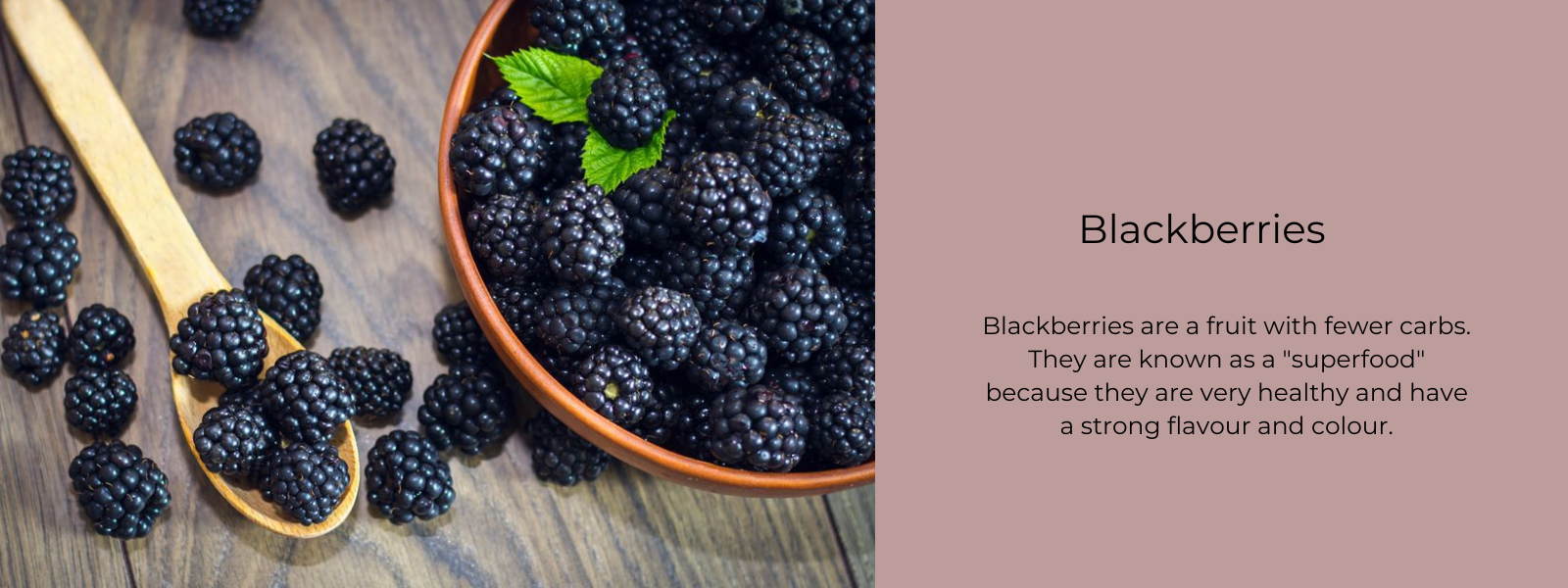
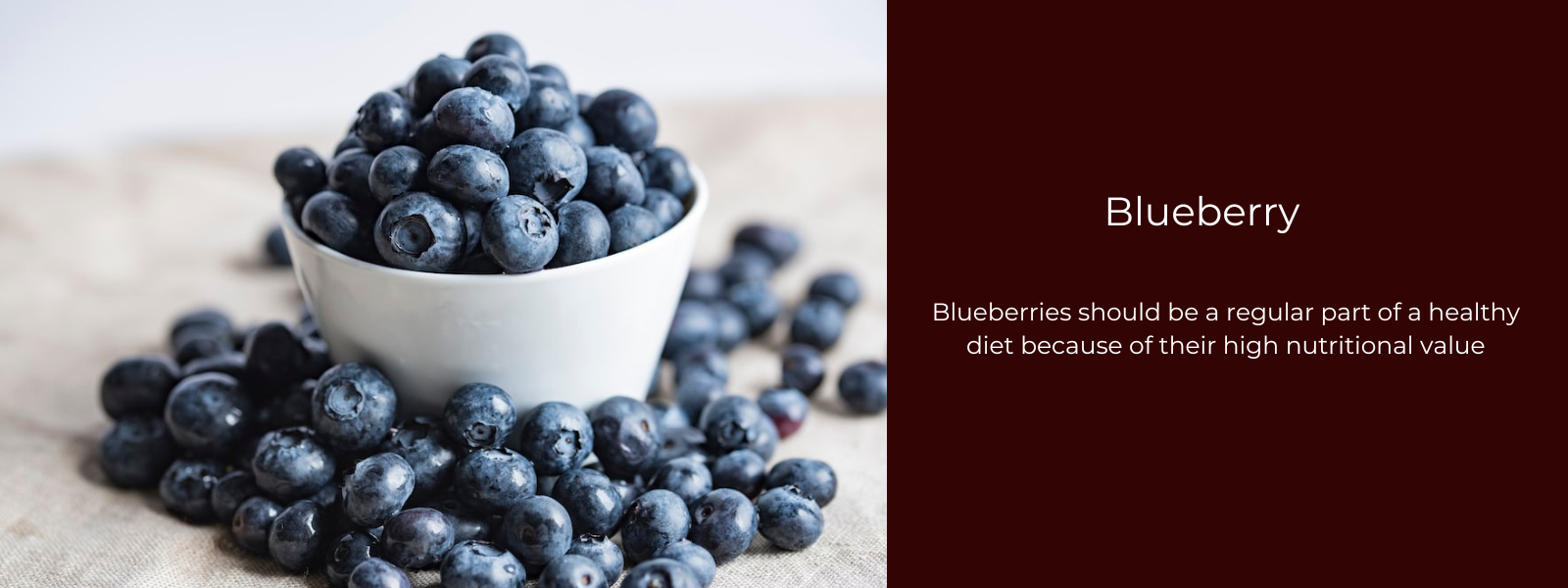
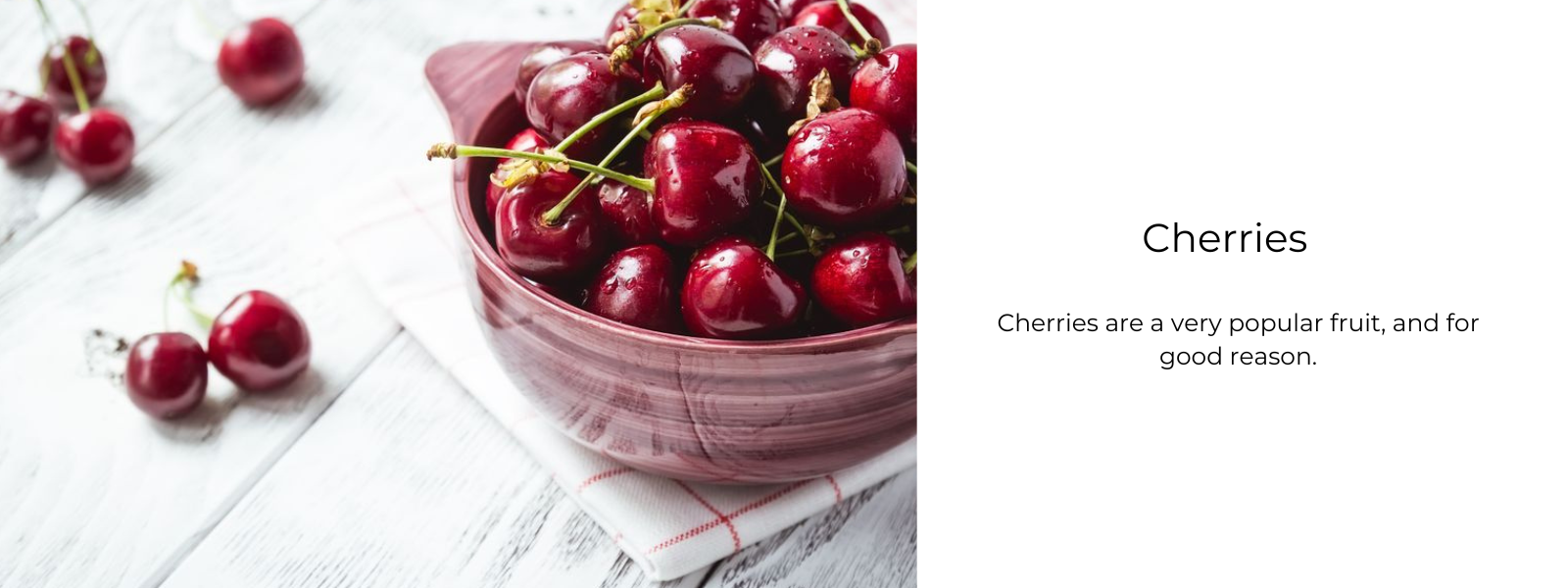
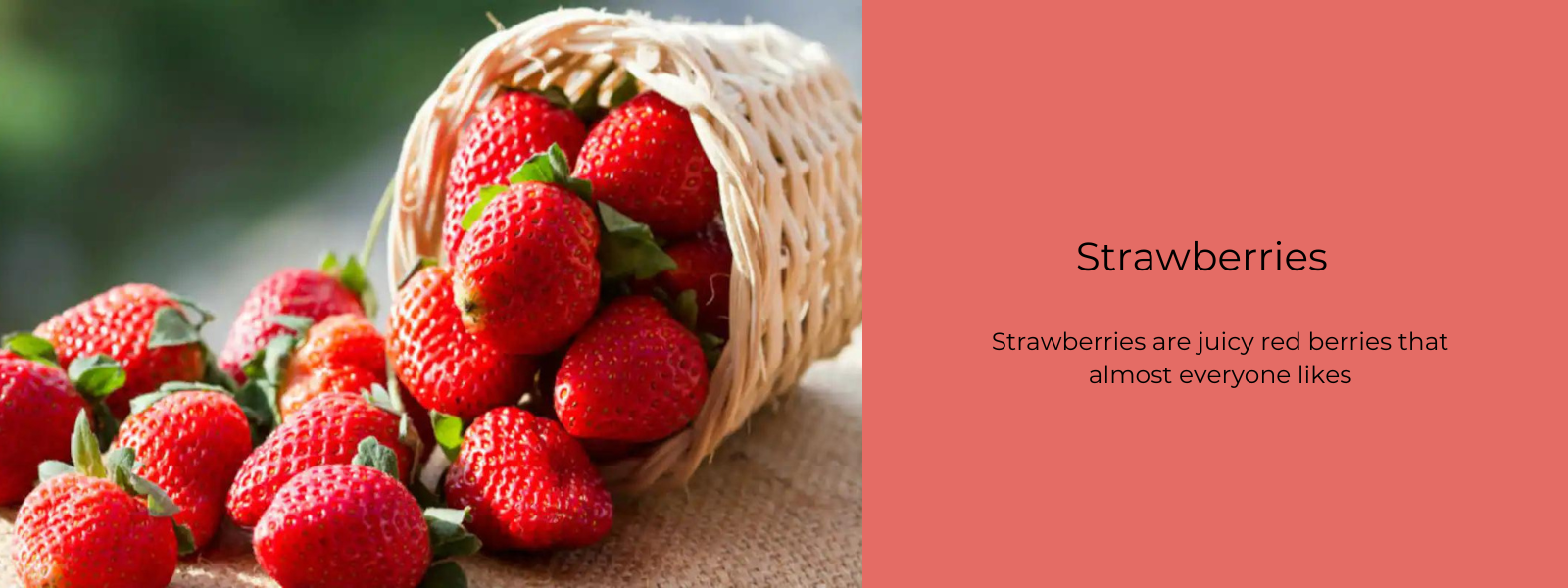
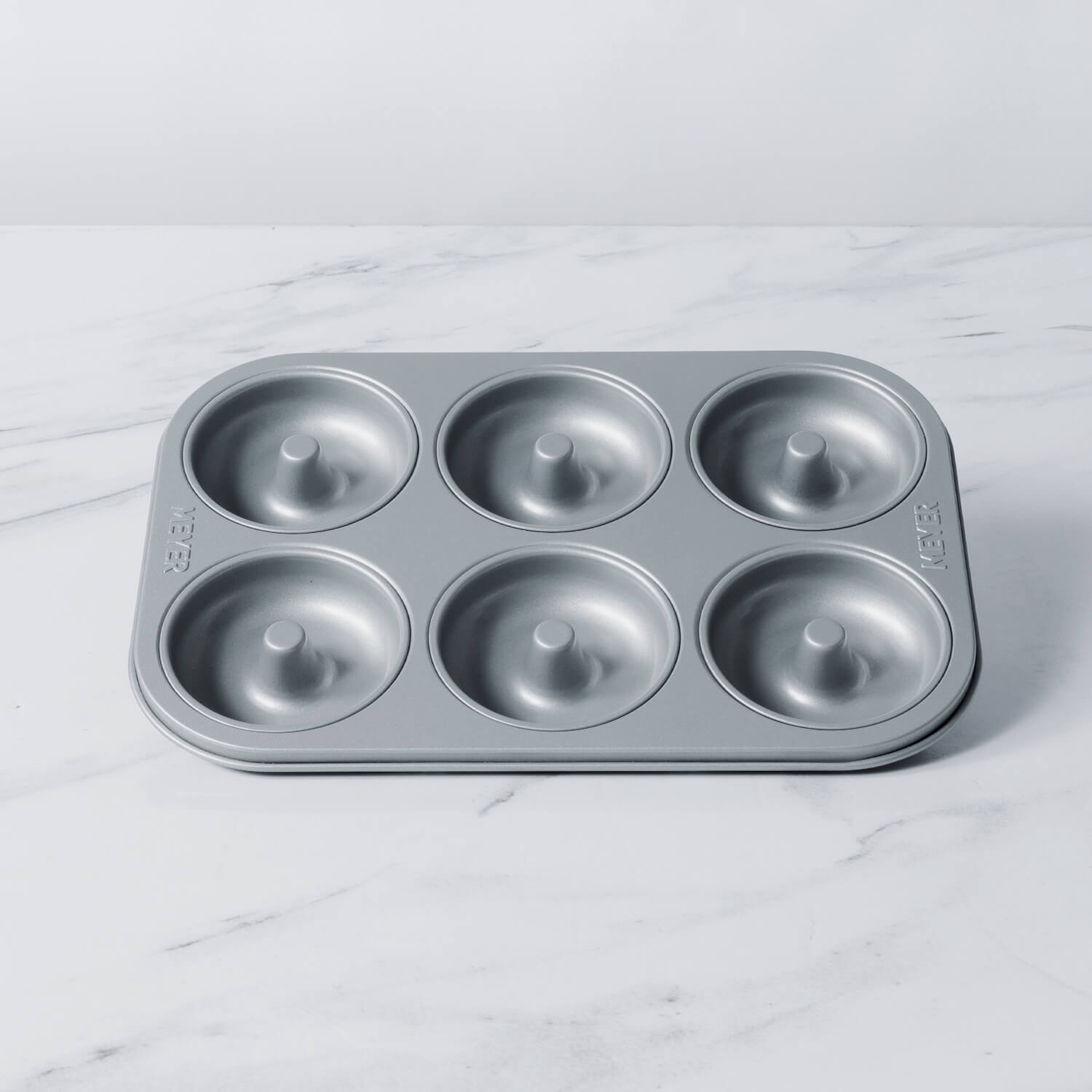
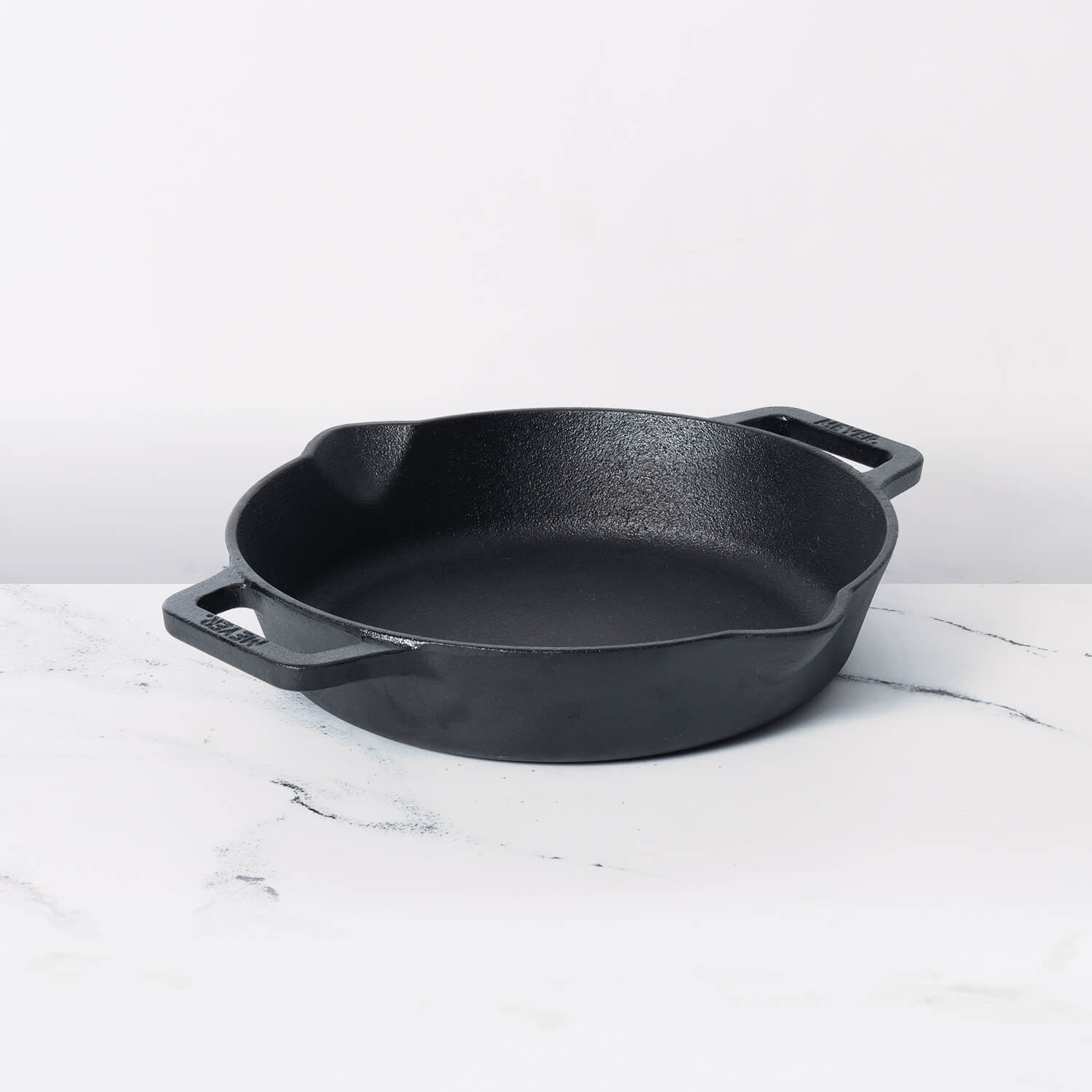




Leave a comment